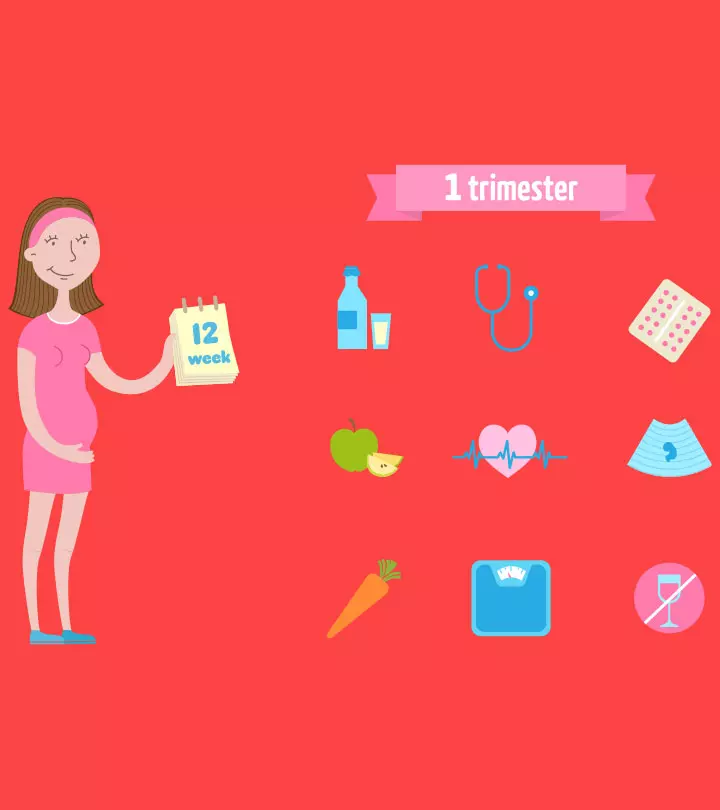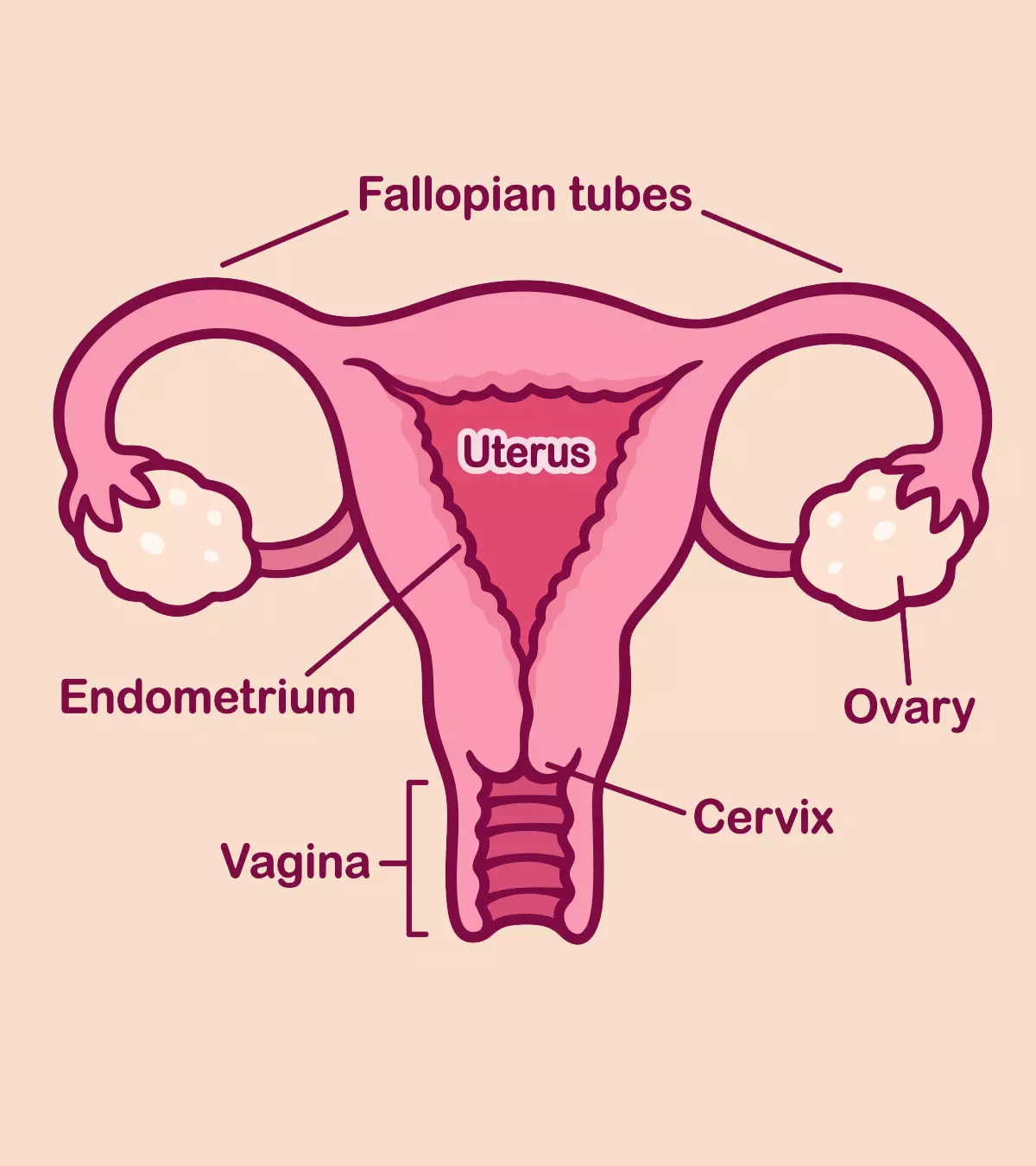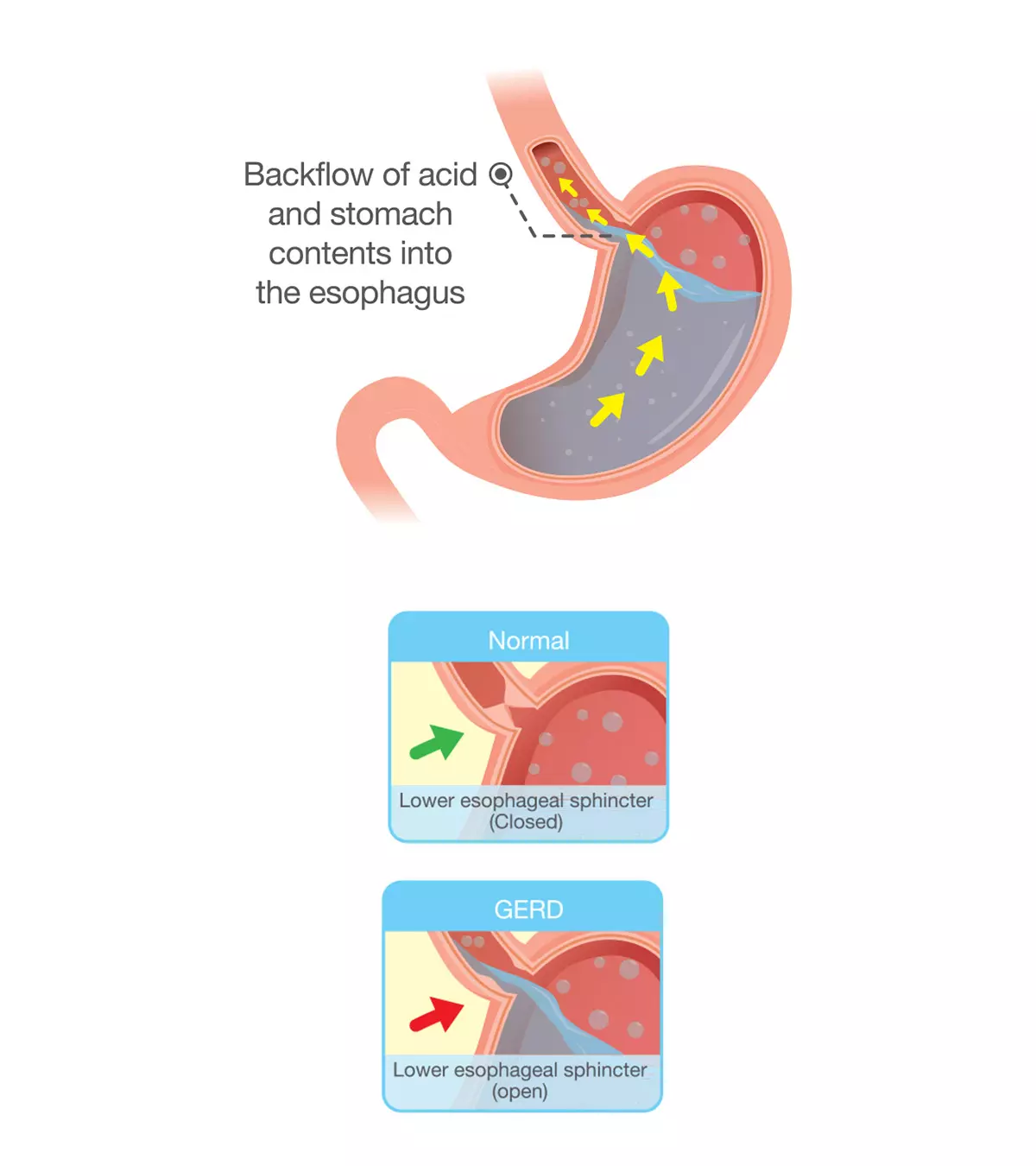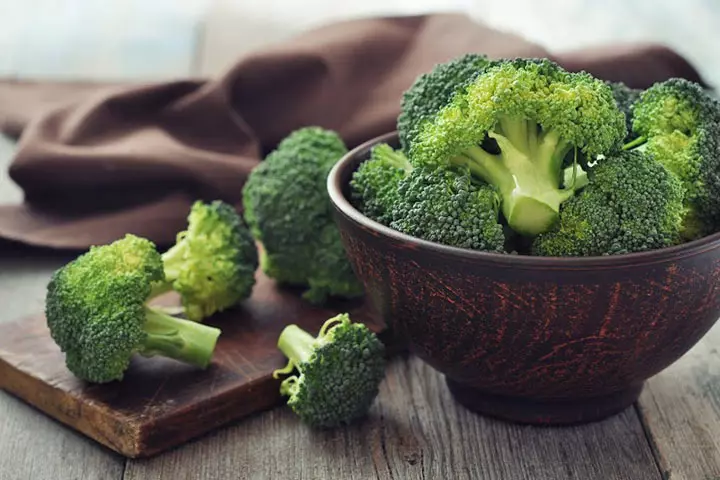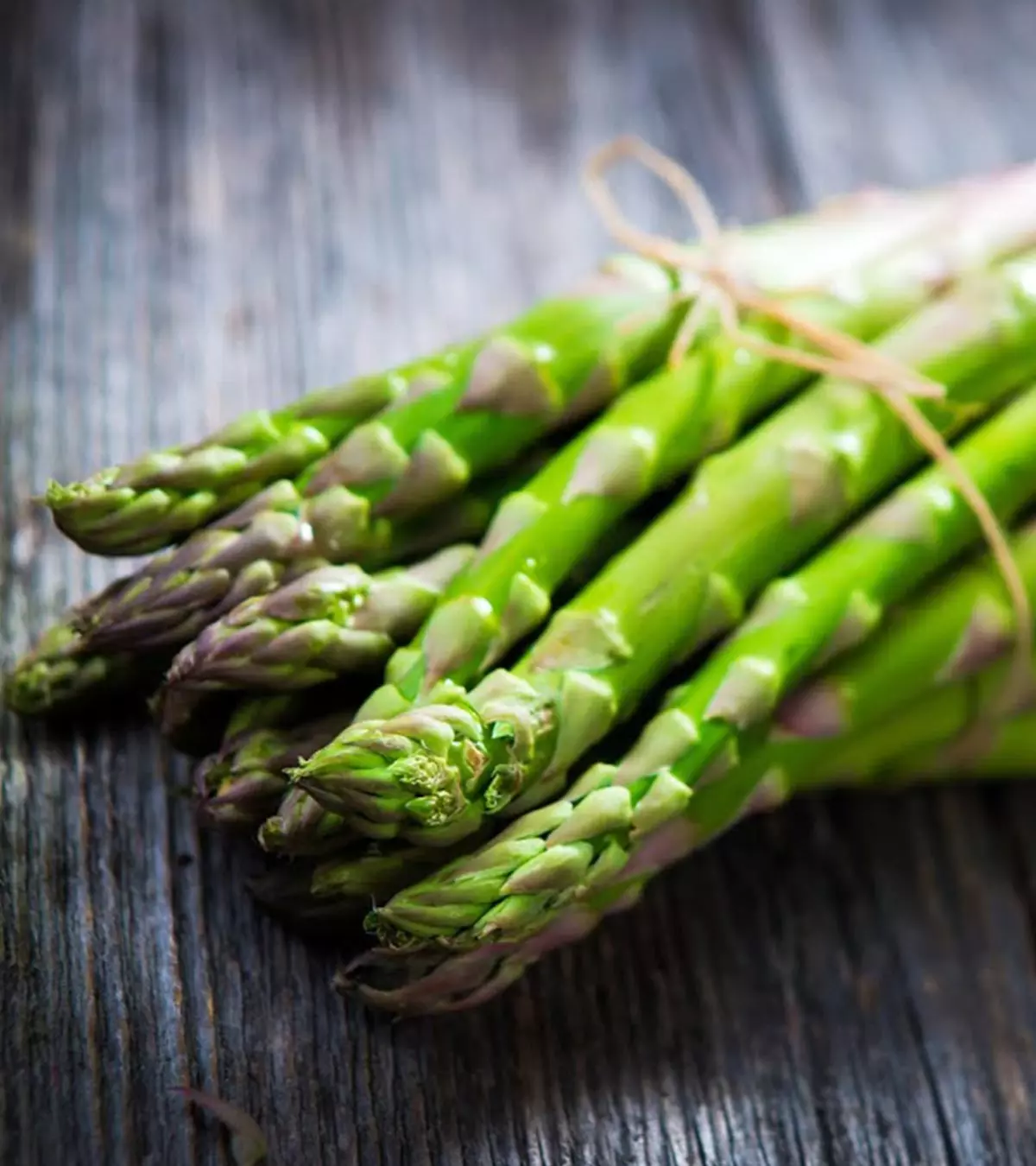
Image: Shutterstock
Asparagus is mostly used as an accompaniment for dishes such as grilled chicken or baked dishes. The consumption of asparagus in pregnancy can provide you with the highest folic acid content compared to all the other vegetables required for the baby’s healthy development. In addition, it is a rich source of fiber and vitamins that can help protect you from pregnancy problems, such as constipation, and the fetus from congenital disabilitiesiA structural or functional abnormality present from birth . Asparagus can be incorporated into your healthy eating routine in various ways by cooking it according to your taste and preferences. So read on if you are craving some delicious crunchy asparagus while pregnant. We have provided its beneficial properties and some tips and ways to have it in this post.

Key Pointers
- Asparagus is high in fiber and vitamins, and can be cooked in various ways.
- Asparagus prevents birth defects, promotes bone growth, fertility, digestion, metabolism, and immunity.
- To avoid food-borne illnesses such as listeriosis and toxoplasmosis, wash asparagus thoroughly before consuming.
Health Benefits Of Eating Asparagus During Pregnancy
Asparagus is a nutrient-rich vegetable that can be a great addition to your prenatal diet. Here are some prominent nutritional benefits of eating asparagus when pregnant (1) (2) (3):
- It is a low-calorie and low-fat vegetable rich in minerals and vitamins, such as vitamins B and E. The high amounts of vitamin B9 or folate in asparagus can help prevent congenital disabilities such as spina bifida (4). On the other hand, the high vitamin C content in the veggie could help boost immunity, reducing the risk of infections (5).
- Freshly cooked or boiled asparagus contains about 44.6mcg of vitamin K per 100g, fulfilling up to half of a pregnant woman’s daily requirements for this nutrient. Regularly consuming asparagus, rich in vitamin K, may aid blood coagulation. Vitamin K deficiency has been associated with reduced prothrombin levels and hemorrhage complications in mothers and newborns. Studies suggest that adequate vitamin K intake during the antenatal period may help lower the risk of such hemorrhagic complications (6) (7).
- It is rich in insoluble fiber that adds bulk to the stool and helps keep constipation at bay. On the other hand, its soluble fiber content may be beneficial in managing gestational diabetes in expectant women (8).

- It has low sodium and high potassium levels. It also has a high water content (92%), which makes it one of the most hydrating vegetables.
- It contains smaller amounts of calcium. When consumed with a well-balanced diet, calcium from this veggie can aid in the development of the teeth and bones of the growing baby (9).
- The diuretici effects of asparagus detoxify your body (10). It eliminates all toxins from your body and cleans the gastric system, improving your digestion and metabolism.
- The antidiabetic properties of A. officinalis may help maintain stable blood sugar levels during pregnancy, reducing the risk of gestational diabetes. Studies show its extracts can lower serum glucose and improve insulin secretion (10).
- It has hypolipidemic properties, which implies it can reduce LDL cholesterol while increasing HDL cholesterol. Hence, it may support heart health and prevent excessive weight gain during pregnancy (10).
- It has demonstrated antimicrobial and antifungal properties, which may help protect against common infections (10).
- It also exhibits anticancer properties by modulating key cellular pathways. This may contribute to maintaining long-term immune function, which is crucial during and after pregnancy (10).
In addition, asparagus is well-known for its high antioxidant content. It contains several bioactive components like glutathione (GSH), which helps remove harmful substances from the body. Therefore, including it in your pregnancy diet can help support maternal health and fetal development.
 Quick tip
Quick tip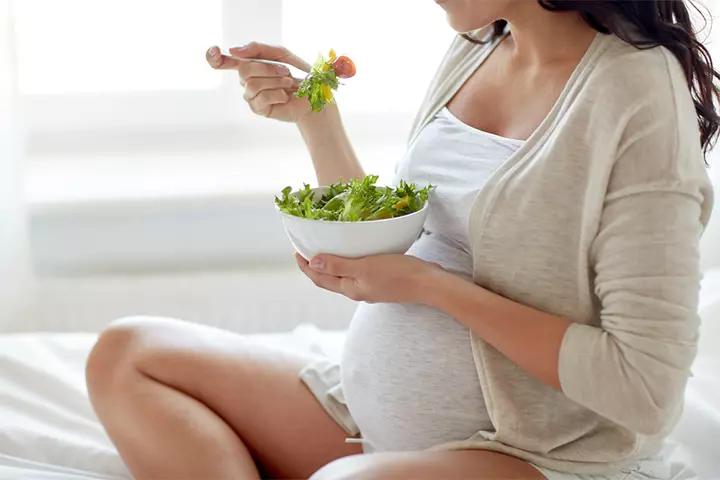
Asparagus Serving Tips
According to the American Pregnancy Association (APA) and US Food and Drug Administration (US FDA), it is crucial to thoroughly wash asparagus before eating, as it may contain harmful parasites and bacteria that can cause foodborne diseases like listeriosisiA severe infection that may occur after consuming raw or unpasteurized foods contaminated by a bacteria called listeria and toxoplasmosisiAn infection caused by the Toxoplasma gondii parasite, typically found in undercooked meat, animal feces, and contaminated soil (12) (13).
The intense taste of this spring vegetable can be enjoyed in different ways. Here are some interesting suggestions for serving asparagus:
- Fresh asparagus can be a great addition to salads, and dressing it with vinaigrette enhances its flavor.
- Steamed, baked, boiled, or roasted asparagus with soups or as a side dish with grains like quinoa or couscous.
- Canned asparagus do not offer the same nutrition as fresh ones. Fresh asparagus tastes great with lemon juice and melted butter. You can toss cooked asparagus with extra virgin olive oil or lemon juice.
- Asparagus tastes great with mayonnaise, butter sauce or a Hollandaise sauce. Make sure to try them.
- Sprinkle Parmesan or Romano cheese on asparagus and put them in a boiler.
- You can grill the vegetables with olive oil and remove them when they get soft.

- You can puree the overcooked asparagus and add it to soups. Similarly, asparagus left over can be added to soups and omelets.
Overall, asparagus can be used in different forms to create healthy and delicious recipes that can enhance your diet’s nutritional value. You may also include other vegetables with asparagus to ensure you receive a wide range of nutrients necessary for a healthy pregnancy.
Laura shares a yummy way of preparing asparagus, which she loved during her pregnancy. She says, “With my latest pregnancy craving being all about veggies, I have been playing around in my kitchen with various side dishes to accompany my meals. Mashed cauliflower, sesame broccoli, and mushrooms with asparagus have quickly become staple side dishes in my kitchen.” She uses mushrooms, asparagus, olive oil, lemon juice, parsley flakes, garlic (peeled and minced), black pepper, and salt for the recipe. She instructs, “Combine all ingredients in an oven-safe baking dish. I like to use my glass 9×9 Pyrex container. Toss so that the mushrooms and asparagus are all coated in the olive oil and spices. Place it in the oven uncovered and cook for 20 minutes (i).”
 Research finds
Research findsThings To Remember
Asparagus can be safely consumed during pregnancy with your doctor’s approval. However, there are some important considerations to keep in mind.
- Some people may be allergic to asparagus. When exposed to the vegetable, they may experience symptoms like rashes, difficulty breathing, or swelling. If you notice any allergic reactions, stop consumption immediately and seek medical advice (15).
- Asparagus has high FODMAP content, which can cause bloating (16). FODMAPs (fermentable oligosaccharides, disaccharides, monosaccharides, and polyols) are a group of carbohydrates that can cause digestive discomfort in some individuals due to their poor absorption in the small intestine.
- It can also cause a strong urine odor due to its sulfur-containing compounds. While this effect is harmless, it may be uncomfortable (17).
- Asparagus contains purines, which may contribute to higher uric acid levels. Those prone to kidney stones should limit their intake (18).
- Choose organic asparagus if possible, as it is free from harmful pesticides, making it a safer choice during pregnancy.
- Avoid consuming raw or undercooked asparagus to prevent foodborne illnesses.
Frequently Asked Questions
1. What are some precautions that pregnant women should take when consuming asparagus?
Pregnant women should ensure that the asparagus has been cleaned thoroughly to eliminate any hazardous bacteria or substances. It is because eating unwashed, raw vegetables during pregnancy can expose you to foodborne illnesses. Hence, it is essential to properly wash or cook asparagus before consuming it.
2. How much asparagus should pregnant women eat per day?
There is no specific limit to how much asparagus you can eat daily. Eating asparagus can help you get the required amount of folic acid in pregnancy. Therefore, you may consider the folic acid content of the vegetable to determine a safe limit. Eating four cooked asparagus spears provides approximately 85mcg of dietary folate equivalent (DFE), meeting about 22% of the recommended dietary allowance (RDA) set by the US FDA. The RDA for folic acid during pregnancy can vary depending on the stage of pregnancy. In general, the daily RDA for pregnant women is 600 mcg of dietary folate equivalents.
3. Are there any precautions I should take when buying or storing asparagus?
When buying asparagus, look for green stalks which are tight with closed tips. Avoid buying the ones that are woody, white, or flat. After purchasing, use them as quickly as possible since asparagus tends to spoil quickly. To store, wrap the asparagus bunch with a moist paper towel at the base, place it in a plastic bag, and refrigerate.
4. Can asparagus be part of a gestational diabetes diet?
Asparagus, a non-starchy vegetable, could make an ideal choice to incorporate into your gestational diabetes diet plan (22).
5. Is asparagus bad for my kidneys?
There is limited scientific evidence suggesting harm to kidney health from asparagus consumption. Asparagus is low in potassium content; thus, up to six stalks of asparagus are considered a great addition to the diet if one has kidney disease (in general). However, the high asparagusic acid content in asparagus may cause the urine to smell, which is quite normal (17).
Asparagus is a nutrient-rich vegetable with several nutrients, including fiber, folic acid, and essential vitamins. Regular consumption of asparagus during pregnancy as part of a well-balanced diet can support fetal development and overall maternal health. Moreover, it can help prevent constipation and other digestion problems, which improves overall health. However, thoroughly washing asparagus before consumption is vital to avoid the risk of infections such as listeriosis. Remember, consuming asparagus while pregnant is safe under medical guidance.
Infographic: Delicious Asparagus Food Recipes To Try During Pregnancy
Asparagus is a derivative spring vegetable (shoot) of its flowering plant known for its nutritional qualities and distinct flavor profile. Its vast uses makes it an effective inclusion in the pregnancy diet. This infographic includes a few asparagus food recipes for expectant mothers.
Some thing wrong with infographic shortcode. please verify shortcode syntaxIllustration: Nutritional Benefits Of Asparagus During Pregnancy
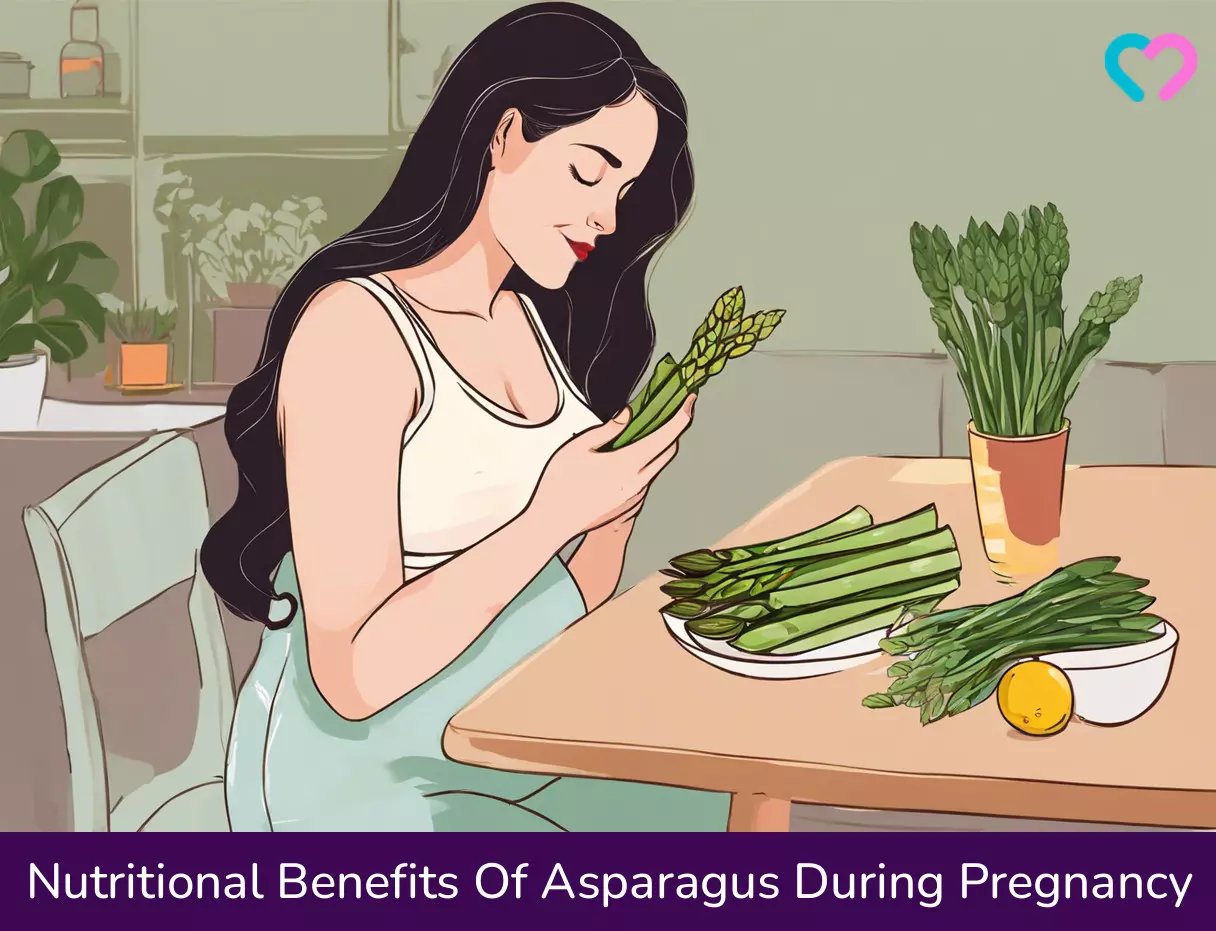
Image: Stable Diffusion/MomJunction Design Team
Personal Experience: Source
MomJunction articles include first-hand experiences to provide you with better insights through real-life narratives. Here are the sources of personal accounts referenced in this article.
i. Mushroom and asparagus delicious side dishhttps://mommart.blogspot.com/2013/03/mushroom-and-asparagus-delicious-side.html
References
- Recipe: Low-Cal Mexican Asparagus Dip.
https://health.clevelandclinic.org/recipe-low-cal-mexican-asparagus-dip - 6 Health Benefits of Asparagus.
https://health.clevelandclinic.org/benefits-of-asparagus - Asparagus, fresh, cooked, no added fat.
https://fdc.nal.usda.gov/food-details/2709834/nutrients - Folic Acid: the Vitamin That Helps Prevent Birth Defects.
https://www.health.ny.gov/publications/1335/ - Vitamin C.
https://nutritionsource.hsph.harvard.edu/vitamin-c/ - Why You Should Eat More Asparagus.
https://www.uaex.uada.edu/counties/miller/news/fcs/fruits-veggies - Sadequa Shahrook et al; (2018); Vitamin K supplementation during pregnancy for improving outcomes: a systematic review and meta-analysis.
https://www.ncbi.nlm.nih.gov/pmc/articles/PMC6065418/ - Hong Shen et al; (2025); Effects of dietary fiber on maternal health in pregnant women with metabolic syndrome risk: a randomized controlled trial.
https://pubs.rsc.org/en/content/articlehtml/2025/fo/d3fo05120j - Vitamins and other nutrients during pregnancy.
https://www.marchofdimes.org/find-support/topics/pregnancy/vitamins-and-other-nutrients-during-pregnancy - Beata Olas; (2025); A Review of the Pro-Health Activity of Asparagus officinalis L. and Its Components.
https://pmc.ncbi.nlm.nih.gov/articles/PMC10814860/ - Anamaria Cozma-Petruţ et al; (2017); Diet in irritable bowel syndrome What to recommend not what to forbid to patients!.
https://www.ncbi.nlm.nih.gov/pmc/articles/PMC5467063/ - Foods to Avoid During Pregnancy.
https://americanpregnancy.org/healthy-pregnancy/pregnancy-health-wellness/foods-to-avoid-during-pregnancy/ - Fruits, Veggies and Juices (Food Safety for Moms-to-Be).
https://www.fda.gov/food/people-risk-foodborne-illness/fruits-veggies-and-juices-food-safety-moms-be - A I Tabar et al; (2004); Diversity of asparagus allergy clinical and immunological features.
https://pubmed.ncbi.nlm.nih.gov/14720273/ - Asparagus.
https://dermnetnz.org/topics/asparagus - Bloating: what is considered normal?
https://blogs.bcm.edu/2025/10/29/bloating-what-is-considered-normal/ - Why Does Asparagus Make Your Pee Smell?.
https://health.clevelandclinic.org/why-does-asparagus-make-your-pee-smell - Zeynep Gul and Manoj Monga; (2014); Medical and Dietary Therapy for Kidney Stone Prevention.
https://pmc.ncbi.nlm.nih.gov/articles/PMC4265710/ - 18 Foods Filled with Folate Every Woman Should Know.
https://www.unitypoint.org/news-and-articles/18-foods-filled-with-folate-every-woman-should-know - Folic acid.
https://www.marchofdimes.org/find-support/topics/pregnancy/folic-acid - Folate and Folic Acid on the Nutrition and Supplement Facts Labels.
https://www.fda.gov/food/nutrition-facts-label/folate-and-folic-acid-nutrition-and-supplement-facts-labels - Non-Starchy Vegetables for Blood Glucose Control.
https://diabetes.org/food-nutrition/reading-food-labels/non-starchy-vegetables
Community Experiences
Join the conversation and become a part of our nurturing community! Share your stories, experiences, and insights to connect with fellow parents.
Read full bio of Reda Elmardi
Read full bio of Rebecca Malachi
Read full bio of Swati Patwal
Read full bio of Dr. Joyani Das









